Headaches can significantly disrupt daily life, and many people turn to painkillers for quick relief. However, this common solution can lead to a serious condition known as Medication Overuse Headache (MOH), also referred to as rebound headaches. In this blog, we'll explore MOH, how these headaches develop, the challenges in treating it and the treatment approach taken by The Headache Clinic to help sufferers of this type of headache.

Understanding Medication Overuse Headaches (MOH)
Medication Overuse Headache, or rebound headache, is a condition where frequent use of headache medication leads to more headaches. This issue often starts in people who regularly have migraines or headaches and use pain relief medication often. MOH creates a cycle where the short-term relief from medication leads to more severe headaches over time.
The Development Of Medication Overuse Headaches
Medication Overuse Headache (MOH) is due to the regular use of headache relief medications. This condition often develops in those who frequently rely on medications, including over-the-counter options like aspirin, paracetamol, and NSAIDs, as well as prescription medication such as triptans and ergotamines.
The key factor leading to MOH is the usage of these medications more than two to three times a week. This frequent use not only reduces the effectiveness of the medication but also intensifies the headache's frequency and severity, trapping the individual in a cycle of increasing medication dependence and worsening symptoms. Recognising this pattern is essential for the accurate diagnosis and effective treatment of MOH.
The Challenge With Treating MOH:
Treating Medication Overuse Headaches (MOH) can be quite challenging. If a person stops taking the headache medications that led to MOH, they may experience intense withdrawal symptoms. These symptoms, lasting up to 10 days, can include stronger headaches, nausea, vomiting, rapid heartbeat, sleep issues, restlessness, and feelings of anxiety.
Another major issue is that patients with MOH are often less responsive to preventive medications while they are still using the medication that caused the MOH. This makes treatment more complex and requires a careful and considered approach. The high relapse rate, as high as 73%, indicates that simply stopping the medication often isn't enough as the underlying headache problem still remains, leading many patients to start using the medication again, and restarting the vicious cycle.

The Headache Clinic's Approach To MOH Treatment
Opiate Overuse And How It Affects Treatment
The only exceptions to our treatment are opiates and opiate derivatives. Opioids are a special type of very potent pain-killer substances that produce morphine-like effects, and they are often prescribed for severe or chronic pain. However, their use requires careful monitoring due to their high potential for dependence and addiction.
The most prescribed opioids are:
 OxyContin
OxyContin
 Vicodin
Vicodin
 Oxycodone
Oxycodone
 Percocet
Percocet
 Morphine
Morphine
 Lortab
Lortab
 Methadone
Methadone
 Fentanyl Patch
Fentanyl Patch
 Hydrocodone
Hydrocodone
 Tramadol
Tramadol
Conclusion







